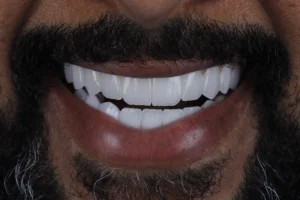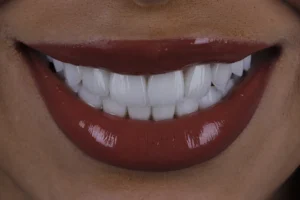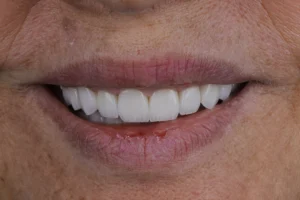Introduction
A skin disease is a disorder that causes the outer layers of a human body to be damaged. It affects the structure and function of skin, hair and nails. There are many types of skin diseases, including: vitiligo, alopecia and psoriasis. The most common types of skin diseases are called dermatoses. Most people with dermatoses have no symptoms or only mild symptoms at first, but some can cause permanent damage to their appearance or health if not treated properly by a doctor or specialist.
What is Vitilligo?
Vitiligo is a chronic skin disorder in which patches of skin lose their pigment. It’s also known as leucoderma or hypopigmentation, and it’s caused by loss of melanocytes—the cells that make pigment.
The most common form of vitiligo occurs when one or more small areas on your body lose their normal color and turn white instead. The cause isn’t always known, but it may be related to stress or trauma (such as extreme temperatures). The condition can affect people at any age and can affect all races equally: About 1% have vitiligo at some point during their lives; however, about 99% will eventually recover from this condition
What is Alopecia?
Alopecia is a hair loss condition. It can be caused by many factors, including stress, hormonal changes, genetics and autoimmune disease. The most common form of alopecia is alopecia areata (AA), which causes patchy or diffuse hair loss on the scalp and other areas of your body.
The exact cause of AA remains unknown but it’s thought to be an autoimmune disease that affects different regions of your body according to their location on your top layer (the dermis). These areas include:
- Scalp/Follicles – where you have thin hair growth; this region includes both normal-length terminal hairs as well as branched hairs that grow from each follicle. These days they’re more commonly referred to as vellus hairs because they’re so short!
- Eyelids/Eyebrows – where you have fine vellus hair growth; this region also includes longer terminal hairs that grow out from within each bony structure called an angle (#Angle) into space instead of being attached directly onto them like normal terminal hairs would be if left alone unchecked over time…
What is Psoriasis?
Psoriasis is a chronic autoimmune disease that causes skin cells to grow too fast. It’s characterized by raised, red patches covered with a silvery white buildup of dead skin cells. The disease can be itchy and painful, but it’s not contagious.
The exact cause isn’t fully understood; however, researchers believe inflammation plays a role in psoriasis development as well as genetics (heredity). Other factors include stress, diet and physical activity levels.
What is Eczema?
Eczema is a skin condition that causes flare ups of itchy, inflamed, red skin. It can be mild and easily treated or severe and difficult to control. There are many types of eczema but they all cause the same symptoms: a dry red rash on your skin that looks like it’s been scalded.
The main signs you have eczema include:
- Flaky patches on your arms, legs and other areas where there’s more surface area for bacteria to infect
- Crusty scales that form after scratching one area too many times (this is called “hot spots”)
How Medical treatments for skin diseases (Eg: Psoriasis, Vitilligo, Alopecia and Eczema) Treatment Works?
Medical treatments for skin diseases (Eg: Psoriasis, Vitilligo, Alopecia and Eczema) Treatment Works?
Treatments work by reducing inflammation. They also kill bacteria that cause skin diseases. In addition to the medical treatment for skin diseases, you can use other methods to treat your symptoms of these conditions like lotions or creams that contain vitamins A and E.
In medical treatment, the standard treatment of all types of skin diseases include anti-inflammatory, anti-bacterial or cortisone cream.
In medical treatment, the standard treatment of all types of skin diseases includes anti-inflammatory, anti-bacterial or cortisone cream. These treatments are not very effective and permanent.
Conclusion
To sum up, the medical treatment options for skin diseases include anti-inflammatory, anti-bacterial or cortisone cream. The standard treatment of all types of skin diseases include anti-inflammatory, anti-bacterial or cortisone cream. In addition to these treatments, your doctor may recommend other medications such as topical steroids (for example). Depending on the type of skin disease you have and its severity, some people with vitiligo may also require laser therapy or other methods such as light therapy or laser tattoo removal procedures.





